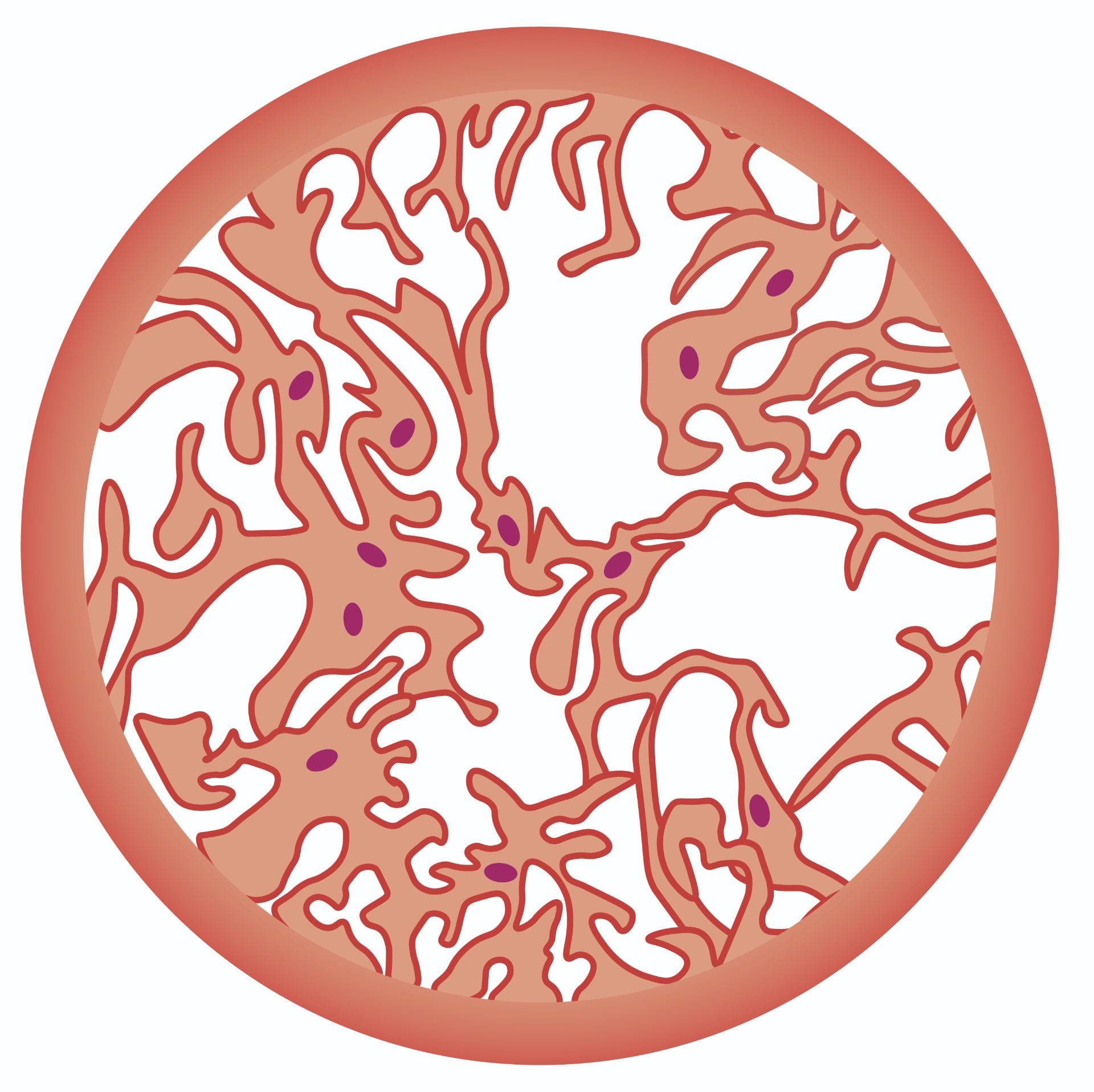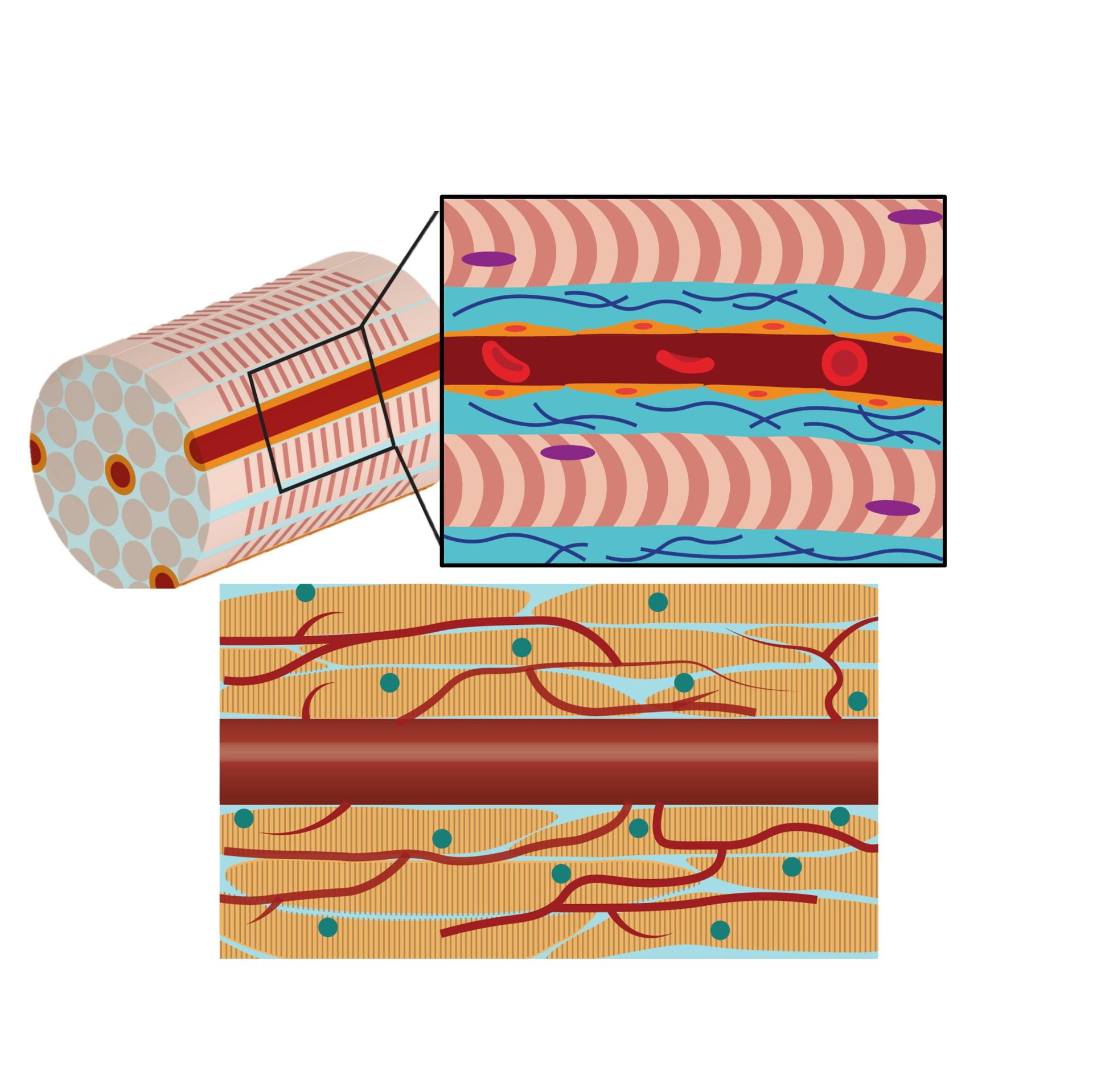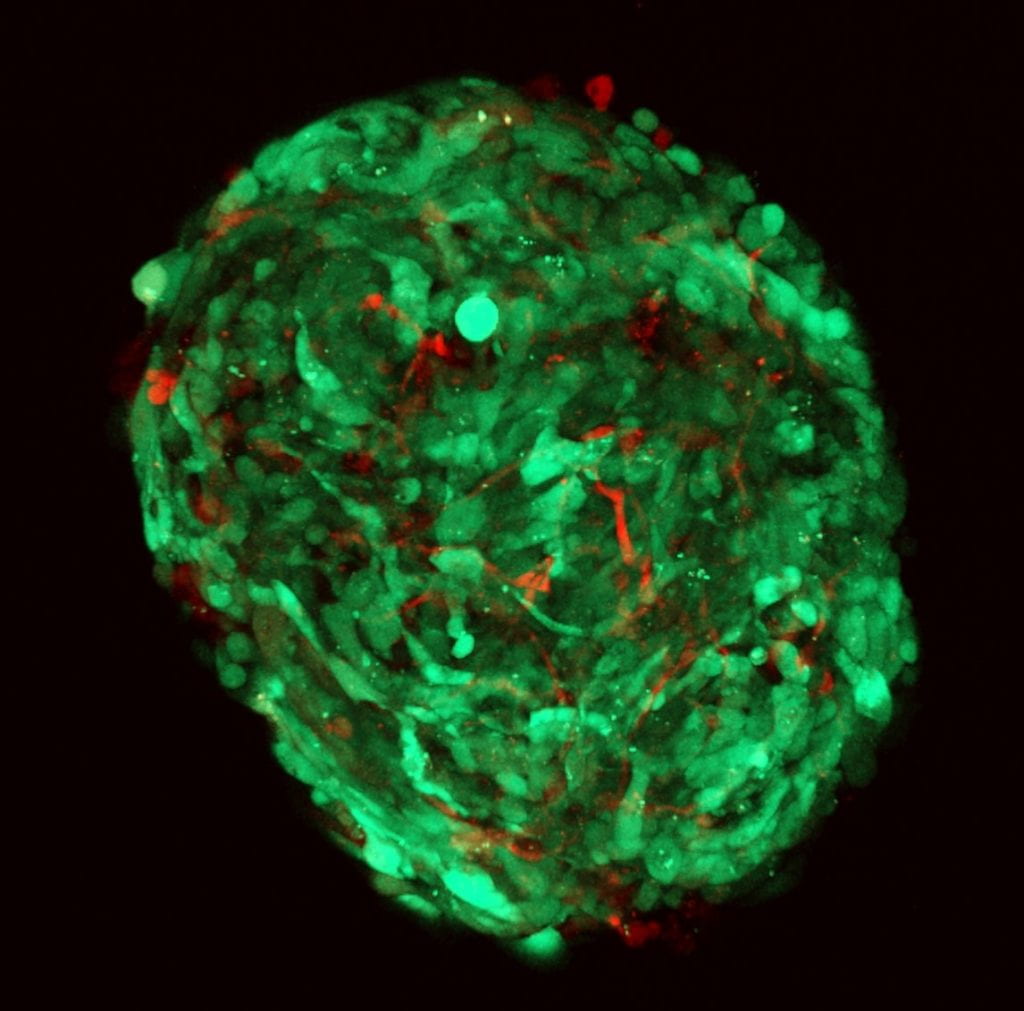Kim Lab:
Advancing Human Heart and Muscle Engineering
The Importance of Engineered Human Organs and Personalized Medicine
Personalized engineered organs, created from patient-derived induced pluripotent stem cells using cutting-edge technologies and interdisciplinary research, can address significant challenges in engineering, biology, and medicine.

Cardiac Organoids
Cardiac organoids derived from patient iPSCs that recapitulate 3D cardiogenesis and congenital diseases.

Cardiac Chamber Models
3D cardiac chamber models for studying hypertensive ventricular hypertrophy.

Skeletal Muscle Models
3D contractile human engineered skeletal muscles with perfusable vasculature.
The development of lab-grown organs using human induced pluripotent stem cells (iPSCs) obtained through the reprogramming of patient cells holds significant importance across various applications, particularly as models for actual patient organs. These lab-grown organs play a crucial role in personalized testing during preclinical studies of drug development, enabling a more tailored approach to treatment. Additionally, they offer valuable insights into human biology, providing a platform for modeling diseases and studying biological mechanisms in 3D. Furthermore, engineered organs constructed from patients’ cells and recapitulating the functionality of real human organs hold promise for use in transplantation. The advancement of lab-grown organs will significantly contribute to innovation and breakthroughs in the fields of medicine and biology.

Contact us
